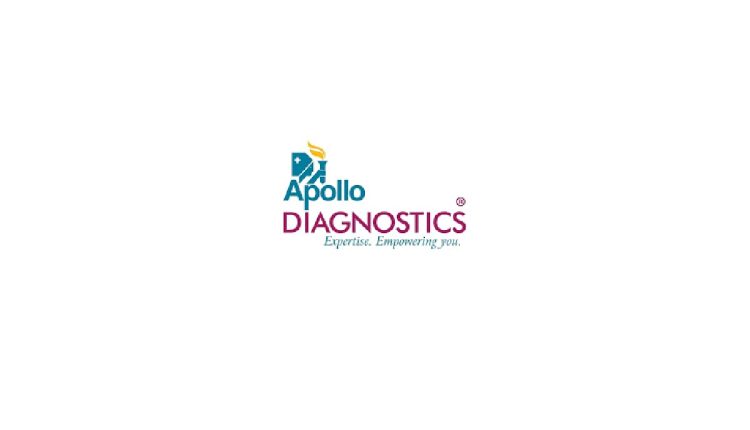Precision Medicine: Personalised Care for Healthier, Happier Lives
Dr Rajesh Bendre, National Technical Head & Chief Pathologist at Global Reference Laboratory, Apollo Diagnostics
Right from one-size-fits-all to personalised treatment, precision medicine is reshaping healthcare by involving genetic, lifestyle, and environmental data to be able to guide diagnosis, prevention, and therapy. Understanding the importance of precision medicine in healthcare. It is indeed transforming diagnostics into a more personalized, accurate, and proactive tool in modern healthcare.
Precision medicine is a healthcare approach that tailors treatment and prevention strategies based on a person’s unique genetic makeup, lifestyle, and environment. Unlike one-size-fits-all treatments, the goal is to provide targeted care that works best for every individual. Today, it’s evolving rapidly with the help of genetic testing, artificial intelligence (AI), and real-time health data to guide personalised decisions in the medical field.
Precision medicine: A shift towards personalised healthcare
Rather than using a common treatment for everyone, precision medicine helps doctors tailor therapies that work best for a specific patient, curbing side effects and improving results. For several years, most treatments were designed using a “one-size-fits-all” approach for patients. While this helped many, some failed to respond to this. With growing access to genomic data and digital tools, precision medicine has become a game-changer by helping with clearer insights into what works and for whom. Today, doctors can use genetic testing and data analysis to know about the health risks, prevent diseases, choose the best treatment options early on, and improve the quality of life.
The power of Precision Medicine
In the beginning, precision medicine was used in cancer care. Hence, the doctors used tumour genetics to decide the best treatment path for the patient to save his/her life. These results were promising and helped gain trust in using data-driven care. However, today the scenario has completely changed. Now, precision medicine is being used across fields like cardiology, neurology, endocrinology, and even in preventive care.
Precision medicine now involves deep data analysis, real-time monitoring, even via wearable devices, and AI-backed insights. It helps decode the patient’s body, right from how they metabolise medicine to their risk of developing conditions like diabetes, heart disease, or even cancer. So, understand that it doesn’t just give surface-level reports but also supports clinical decisions by giving insights.
Precision medicine helps in diagnostics by identifying genetic and molecular markers specific to an individual, allowing for earlier and more accurate detection of diseases. It allows doctors to pinpoint the root cause of symptoms, differentiate between similar conditions, and choose targeted tests. This leads to faster diagnosis and more effective, personalized treatment plans. It is especially valuable in complex or rare diseases where traditional tests may fall short. By examining a person’s DNA, lifestyle, and even response to certain drugs, precision diagnostics can guide preventive care. It reduces trial-and-error and ensures the right patient gets the right test at the right time without any further delay. Doctors are now able to treat the cause, not just the symptoms, and make earlier, smarter choices.
Hence, precision medicine is a boon for patients. Everyone is advised to be attentive when it comes to their health and seek timely life-saving treatment.


Comments are closed.